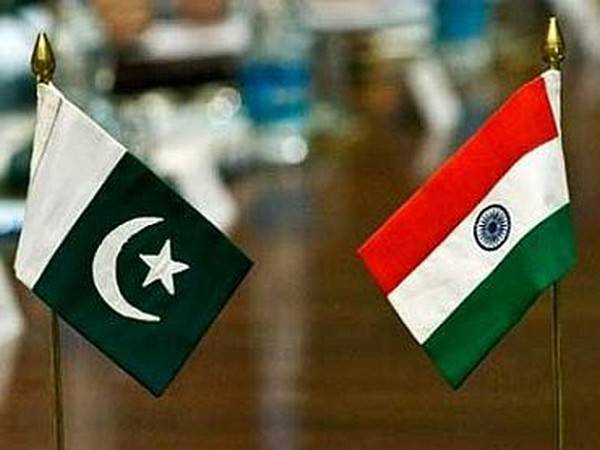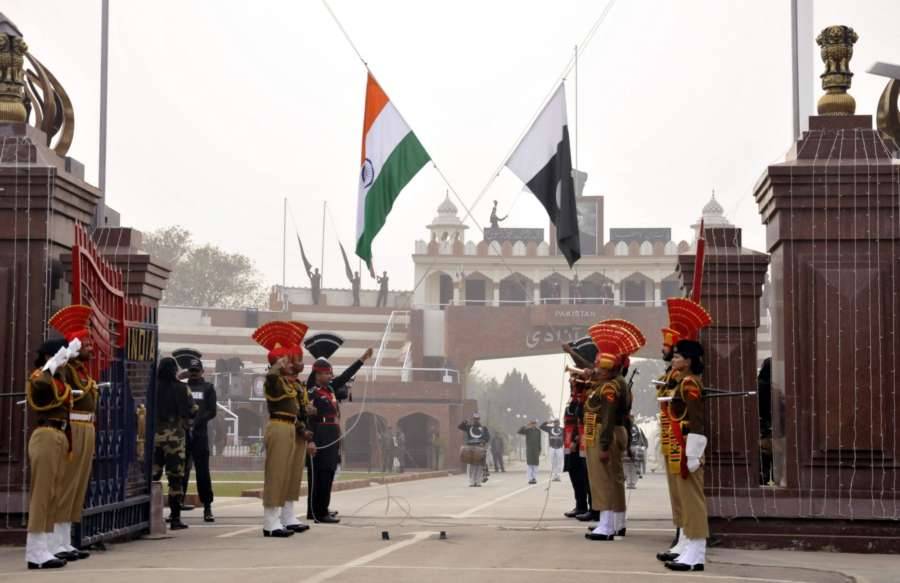As a result of the diplomatic row between the two countries, thousands of traders, contractors and middlemen labourers on both sides of the border, who used to trade through the Wagah border, are suffering losses worth millions…writes Hamza Ameer
The relationship between two nuclear powered arch-rival neighbours, Pakistan and India, have gone from bad to worse in the past. Both sides accuse each other of not creating the environment for table-talks and opting for aggressive and offensive tactics along the borders, in the domains of cyber warfare and in diplomatically maneuvered battles on global platforms.
While both neighbouring countries refrain from changing their aggressive stance against each other; the soaring relations have had a major impact on bilateral trade, inflicting losses worth billions on traders, who see no positive sight of resumption any time in the near or the far-fetched future.
Since August 2019, bilateral trade has remained suspended after Pakistan strongly protested against the abrogation of Article 370 and 35A by the Modi-led Indian government, that changed the special status of Jammu and Kashmir into two union territories. The Pakistan government decided to send back the sitting Indian High Commissioner in Islamabad, along with cutting down all diplomatic and bilateral ties with India, insisting that relations cannot be normalised until “annexation of Indian Illegally Occupied Jammu and Kashmir (IIOJK) is not reversed”.

As a result of the diplomatic row between the two countries, thousands of traders, contractors and middlemen labourers on both sides of the border, who used to trade through the Wagah border, are suffering losses worth millions.
Recently, a summary by Pakistan’s Federal Ministry of Commerce to import sugar, cotton and yarn from India was sent ahead to the federal cabinet for approval. However, the cabinet maintained that there could be no trade with India until it reverses its August 5, 2019 decision on Jammu and Kashmir.
“My gypsum worth millions of rupees, lying near the Wagah border, has deteriorated and I have massive loss,” said Qayyum Khan, a trader who imports gypsum from India.
It should be noted that traders do not oppose Pakistan’s stance and demand the restoration of the special status of Kashmir and that there should be no relationship with India till the demand is met; they do question the Pakistani government of allowing the same trade route to be used for Afghan-India transit.

“If Afghan-India trade can be made through Wagah, trade between our two countries should also be resumed,” said Qayyum Khan.
The bilateral trade between India and Pakistan, which was at 250 million dollars in 2003, surged up to around 3 billion dollars between 2004 to 2007. It was because there was peace between the two countries during that time.
While the Pakistani government believes that bilateral trade cannot resume until Jammu and Kashmir is given its special status by India; traders believe that resumption of trade is the only way the two countries can resolve their issues.
“Instead of trading through a third country, the resumption of trade will strengthen the contact between the residents of Pakistan and India and also impact the politics of both countries,” said Rajdeep Upal, President of Confederation of International Chambers of Commerce Amritsar.

Leave a Reply